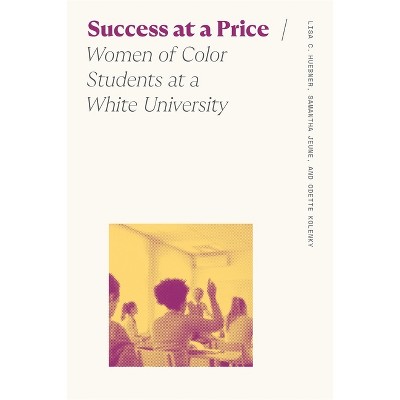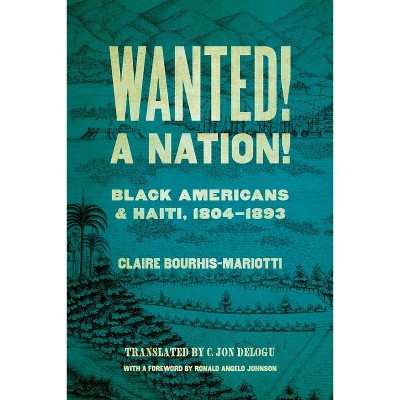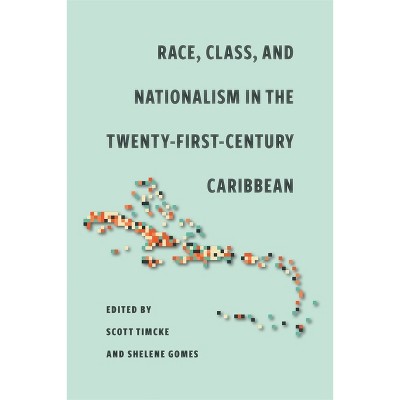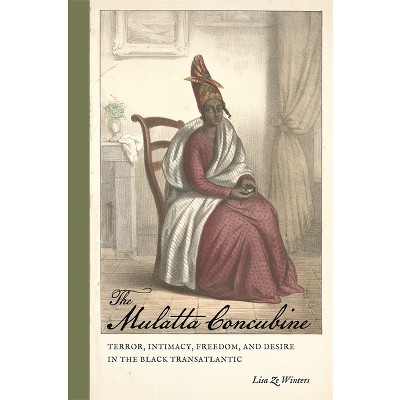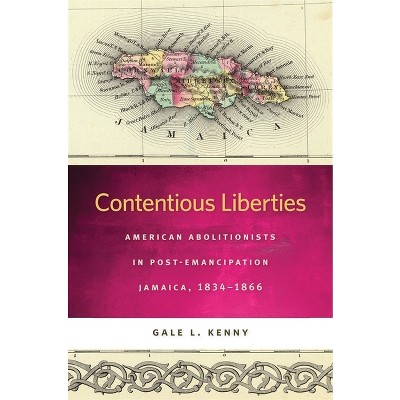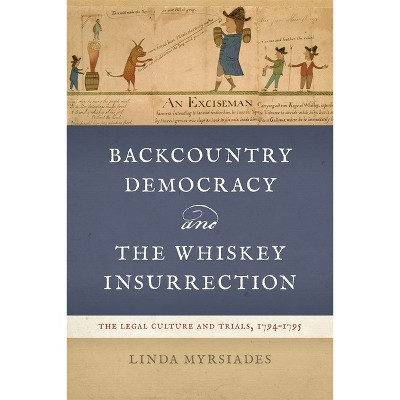About this item
Highlights
- Hailed as one of the best treatments of the civil rights movement, Race and Democracy is also one of the most comprehensive and detailed studies of the movement at the state level.
- About the Author: Adam Fairclough is the Raymond and Beverly Sackler Chair of History and Culture of the United States at Leiden University.
- 688 Pages
- Social Science, Ethnic Studies
Description
About the Book
One of the most comprehensive and detailed studies of the movement at the state level. This far-reaching and dramatic narrative ranges in time from the founding of the New Orleans branch of the NAACP in 1915 to the beginning of Edwin Edwards's first term as governor in 1972.Book Synopsis
Hailed as one of the best treatments of the civil rights movement, Race and Democracy is also one of the most comprehensive and detailed studies of the movement at the state level. This far-reaching and dramatic narrative ranges in time from the founding of the New Orleans branch of the NAACP in 1915 to the beginning of Edwin Edwards's first term as governor in 1972. In his new preface Adam Fairclough brings the narrative up to date, demonstrating the persistence of racial inequalities and the continuing importance of race as a factor in politics. When Hurricane Katrina exposed the race issue in a new context, Fairclough argues, political leaders mishandled the disaster. A deep-seated culture of corruption, he concludes, compromises the ability of public officials to tackle intransigent problems of urban poverty and inadequate schools.
Fairclough takes readers to the grass roots of the movement as it was defiantly advanced and resisted in scores of places like New Orleans shipyards, the voter registrar's office in Opelousas, and the Little Union Baptist Church in Shreveport. He traces the social networks that sustained black activism, such as Masonic lodges and teachers' associations, and he also analyzes white responses to the movement as expressed through political factions, trade unions, business lobbies, the Catholic Church, White Citizens Councils, and the Ku Klux Klan.Review Quotes
[An] absorbing history of racial activism.
-- "USA Today"A powerfully written narrative of the local forces that made the movement possible.
-- "Boston Globe"A truly first-rate and significant piece of work . . . A landmark achievement.
--David Garrow "author of Bearing the Cross"Fairclough has provided the most exhaustive study to date linking the pre- and post-Brown struggles for equality.
-- "Journal of American History"He reminds us that Louisiana Blacks faced a white opposition as brutal, fierce and unyielding as did their Alabama and Mississippi counterparts. . . . Fairclough [has] made the history of the Southern freedom struggle more complete.
--Julian Bond "Black Issues in Higher Education"Not only the best history of the civil rights struggle in Louisiana, it may be the best treatment of the civil rights movement, period.
-- "New Orleans Times-Picayune"Should be compulsory reading for those interested in the affirmative action debate.
-- "Times Higher Education Supplement"[Fairclough's] compelling narrative conveys the epic dimensions of the Southern movement--its generational breadth, the leadership it produced, the hopes it sustained and its ultimate success in toppling the legal scaffolding of the segregation system.-- "The Nation"
About the Author
Adam Fairclough is the Raymond and Beverly Sackler Chair of History and Culture of the United States at Leiden University. His books include "Martin Luther King, Jr.," "To Redeem the Soul of America," "Teaching Equality," "Race and Democracy," and "The Star Creek Papers" (all available from Georgia).Shipping details
Return details
Trending Poetry







